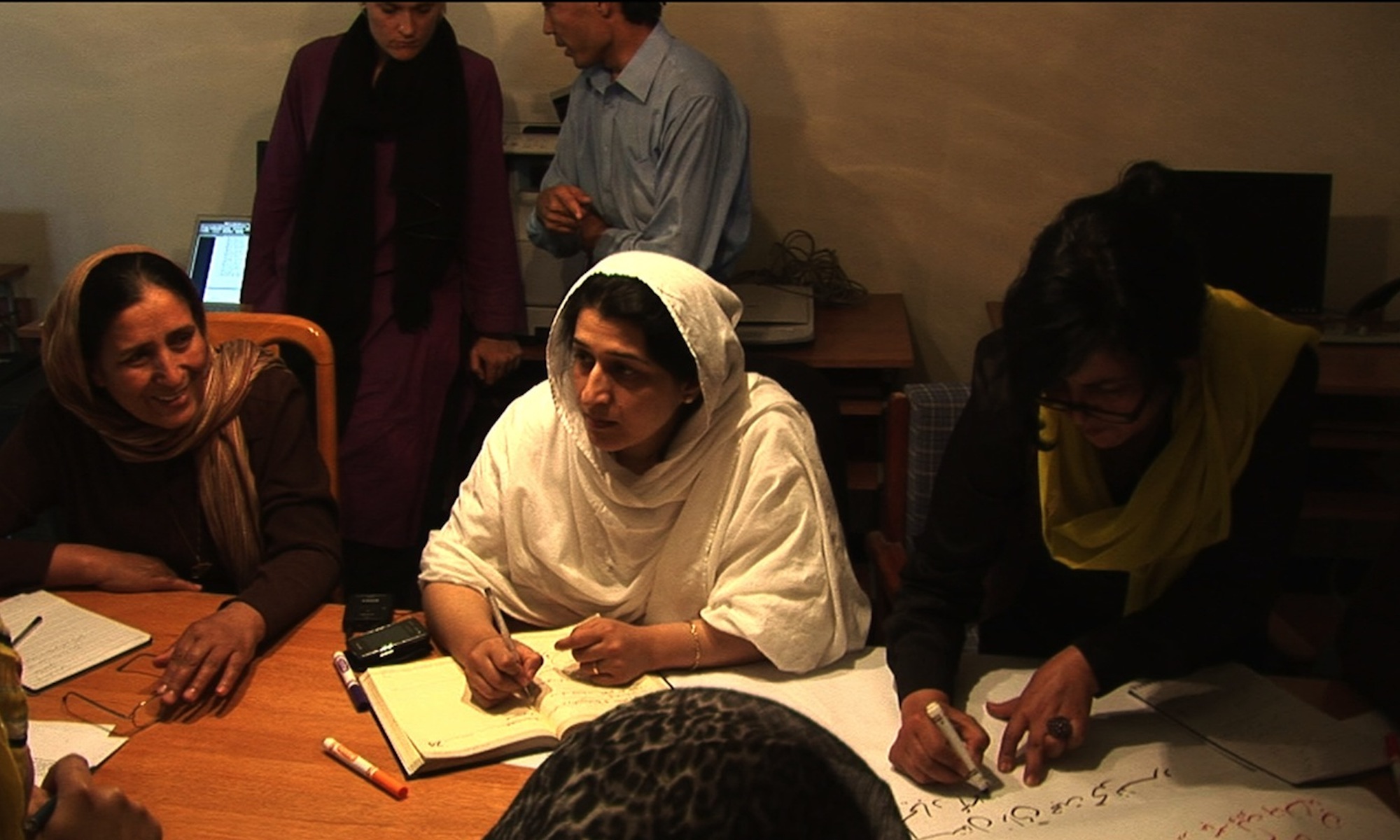Enemy Images, Coercive Socio-Engineering and Civil War in Iraq
The US and Iraq: Time to Go Home
Given the record of the US occupation and the profound limitations of America’s present stature, the Barack Obama administration is right to continue to draw down the American presence in Iraq. But in remembering the egregious mistakes of its predecessor the administration should not claim victory as it exits. It should not, as Vice President Joe Biden did in the midst of the de-Ba’athification crisis, claim all is well in Baghdad. A more honest and realistic approach would recognise the impossible legacy left by the Bush administration. The damage the previous administration did so much to encourage would then be minimised with the help of US allies and multilateral organisations. In short, after seven years of American occupation, it is time to go home.
The ideological roots of failure: the application of kinetic neo-liberalism to Iraq
Iraq: The Contradictions of Exogenous State-building in Historical Perspective
This article compares Britain’s failed attempt at building a stable, liberal state in Iraq from 1914 to 1932 with the USA’s struggle to stabilise the country after regime change in April 2003. It sets out a template for endogenous state-building based on the evolution of the European state system. It then compares this to exogenous extra-European state-building after both World War I and the Cold War. It focuses on three key stages: the imposition of order, the move from coercive to administrative capacity and finally the evolution of a collective civic identity linked to the state. It is this process against which Iraqi state-building by the British in the 1920s and by the USA from 2003 onwards can be accurately judged to have failed. For both the British and American occupations, troop numbers were one of the central problems undermining the stability of Iraq. British colonial officials never had the resources to transform the despotic power deployed by the state into sustainable infrastructural capacity. Instead they relied on hakumat al tayarra (government by aircraft). The dependence upon air power led to the neglect of other state institutions, stunting the growth of infrastructural power and hence state legitimacy. The US occupation has never managed to impose despotic power, having failed to obtain a monopoly over the collective deployment of violence. Instead it has relied on ‘indigenisation,’ the hurried creation of a new Iraqi army. The result has been the security vacuum that dominates the south and centre of the country. The article concludes by suggesting that unsuccessful military occupations usually end after a change of government in the intervening country. This was the case for the British in May 1929 and may well be the case for the USA after the next presidential election in 2008.
